Description
Phencyclidine
PCP, also known as phencyclidine and angel dust, was originally developed as a general anesthetic but became a popular substance in the 1960s. It’s listed as a Schedule II drug in the United States, which makes it illegal to possess.
Like wide-leg jeans, PCP’s popularity comes and goes. It’s become a common club drug in the last couple of decades and produces effects similar to other dissociative substances, like special K.
To get an idea of how powerful it is, just look at the other slang terms for it:
- elephant tranquilizer
- horse tranquilizer
- embalming fluid
- rocket fuel
- DOA (dead on arrival)
- lethal weapon
PCP can be ingested orally, snorted, smoked, or injected, depending on its form. You can find it in tablets and capsules. Most of the time it’s sold in its original form: a white crystalline powder.
Most people smoke it by sprinkling it on marijuana, tobacco, or plant leaves like mint or parsley. People also dissolve it in a liquid and dip cigarettes or joints in the solution.
Phencyclidine | PCP | Angel Dust really depends on the dose.
Phencyclidine | PCP | Angel Dust causes psychological and physical effects that can be unpredictable, especially in larger doses.
At a lower dose, Phencyclidine | PCP | Angel Dust makes you feel euphoric, floaty, and disconnected from your body and surroundings. As you increase the dose, the effects get more intense, leading to hallucinations and erratic behavior.
Psychological effects of Phencyclidine | PCP | Angel Dust can include:
- euphoria
- relaxation
- drowsiness
- dissociation
- feeling of weightlessness or floating
- feeling disconnected from your body or surroundings
- distorted sense of time and space
- trouble concentrating
- hallucinations
- agitation
- anxiety and panic
- paranoia
- confusion
- disorientation
- delusions
- suicidal thoughts
Physical effects of PCP can include:
- blurred vision
- dizziness
- difficulty speaking
- impaired motor skills
- decreased sensitivity to pain
- muscle rigidity
- irregular heartbeat
- slow, shallow breathing
- changes in blood pressure
- increases body temperature
- numbness
- drooling
- shivering and chills
- nausea and vomiting
- rapid involuntary eye movements
- convulsions
- loss of consciousness
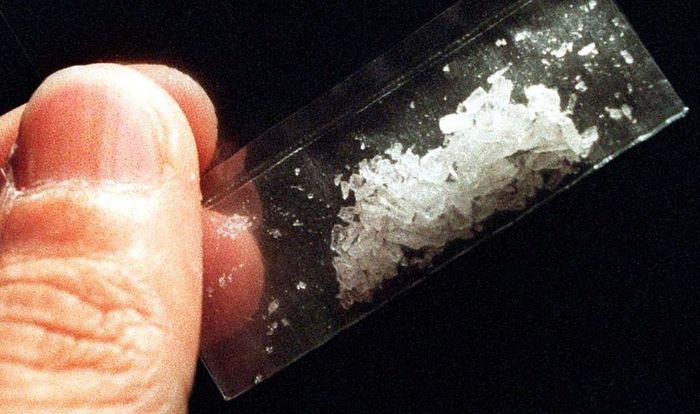

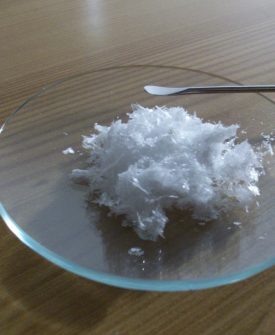
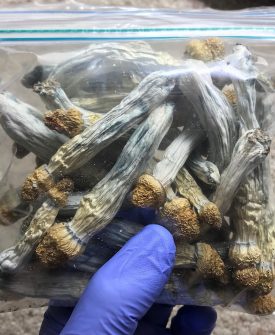
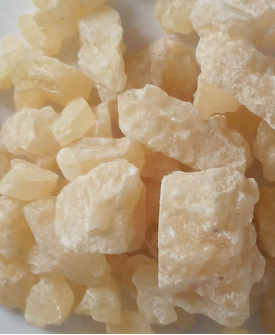
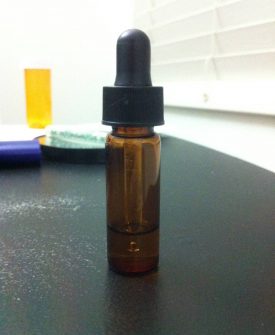

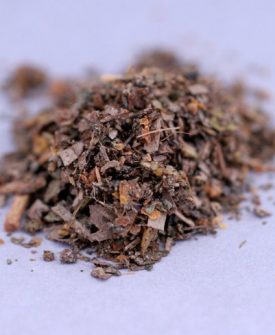
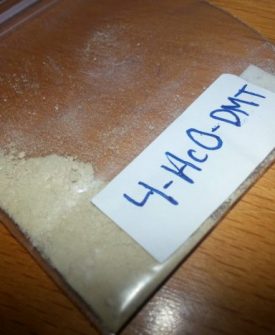
Reviews
There are no reviews yet.